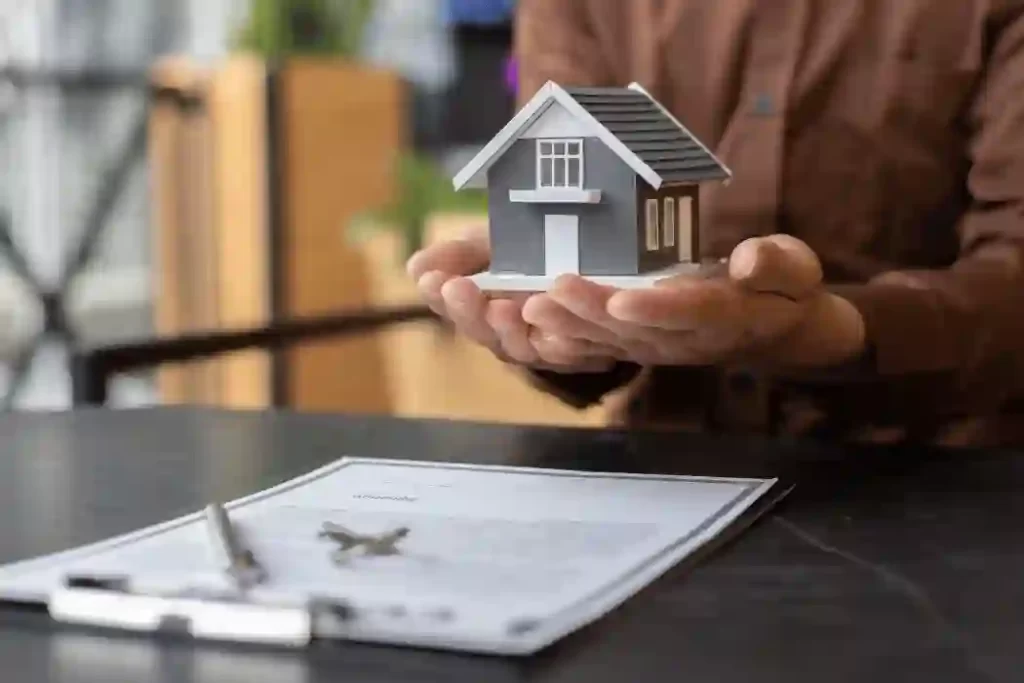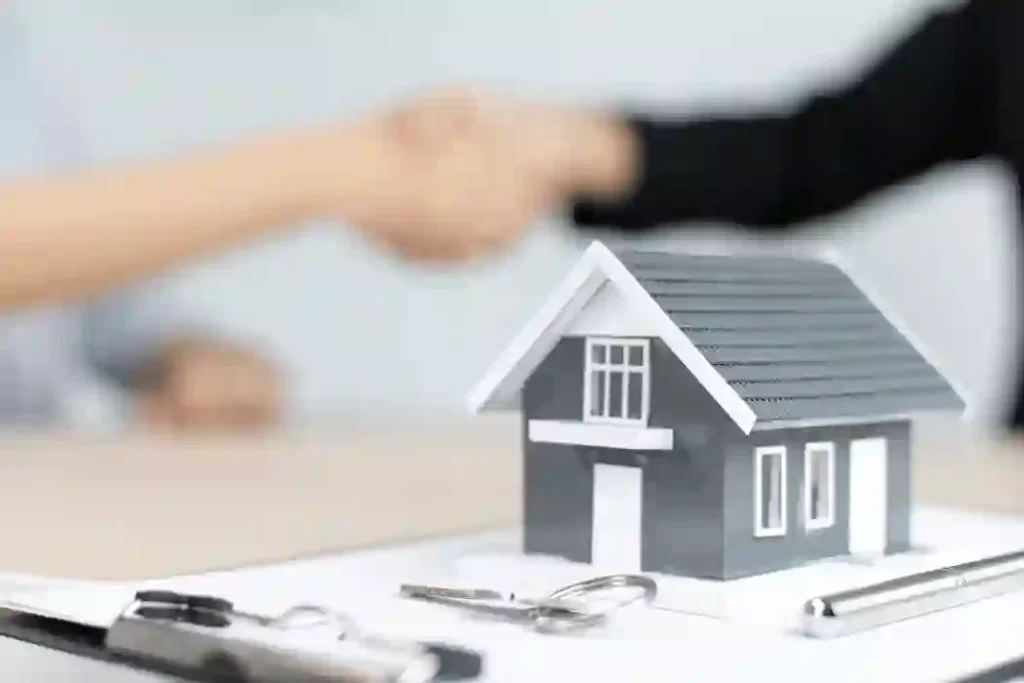Owning a home is a dream for many people. It is a symbol of stability, security, and success. However, owning a home with a mortgage is not always as straightforward as it seems. While a mortgage allows you to buy a home and pay for it over time, there are hidden costs that come with it. These hidden costs can add up and affect your budget, lifestyle, and financial goals. In this article, we will discuss some of the hidden costs of owning a home with a mortgage and how you can plan for them.
Interest Payments
When you take out a mortgage, you borrow money from a lender and agree to pay it back with interest over time. Interest payments can be a significant cost of owning a home with a mortgage, especially if you have a long-term loan. For example, a 30-year fixed-rate mortgage with a loan amount of $300,000 and an interest rate of 4% will result in a total interest payment of $215,609 over the life of the loan. This means that the total cost of the loan is $515,609, including the principal and interest.
To minimize the impact of interest payments, you can choose a shorter-term loan, make extra payments, or refinance your mortgage when interest rates are lower. Refinancing can lower your monthly payment, reduce your interest rate, or shorten your loan term, depending on your goals. After years of neglect, the old house underwent a stunning home renovation, transforming it into a modern and inviting space for the entire family to enjoy.

Property Taxes
Property taxes are another hidden cost of owning a home with a mortgage. Property taxes are based on the assessed value of your home and the tax rate in your area. Property taxes can vary significantly from one area to another, and they can increase over time due to changes in the tax rate or the value of your home.
To budget for property taxes, you can divide the annual tax bill by 12 and add it to your monthly mortgage payment. You can also check with your local tax assessor’s office to see if you qualify for any tax exemptions or discounts.
Homeowners Insurance
Homeowners insurance is a requirement when you have a mortgage. Homeowners insurance protects your home and its contents from damage or loss due to fire, theft, natural disasters, and other events. The cost of homeowners insurance can vary based on your location, the age and condition of your home, and the amount of coverage you need.
To save on homeowners insurance, you can shop around for quotes, bundle your home and auto insurance policies, and increase your deductible. You can also make your home more secure and reduce the risk of damage or theft by installing smoke detectors, security systems, and storm shutters.
Maintenance and Repairs
Maintenance and repairs are another hidden cost of owning a home with a mortgage. Unlike renting, where the landlord is responsible for most maintenance and repairs, homeowners are responsible for maintaining and repairing their homes. This includes routine maintenance such as cleaning gutters, replacing air filters, and mowing the lawn, as well as major repairs such as roof replacement, HVAC replacement, and plumbing repairs.
To budget for maintenance and repairs, you can set aside a percentage of your home’s value each year. Experts recommend setting aside 1% to 4% of your home’s value each year for maintenance and repairs. You can also save money by doing some of the maintenance and repairs yourself, hiring a handyman or contractor for minor repairs, and taking advantage of warranties and guarantees for major repairs.
Homeowners Association Fees
If you live in a community with a homeowners association (HOA), you may be required to pay HOA fees. HOA fees are used to maintain common areas such as parks, pools, and sidewalks, as well as to enforce community rules and regulations. The cost of HOA fees can vary based on the size and amenities of the community, but they can add up and become a significant expense for homeowners.
To budget for HOA fees, you can check with the HOA to see how much the fees are and when they are due. You can also review the HOA rules and regulations to ensure that you are aware of any additional costs or fines for violations.
Utilities
Utilities such as electricity, gas, water, and sewer are also hidden costs of owning a home with a mortgage. Unlike renting, where some or all utilities may be included in the rent, homeowners are responsible for paying for all utilities. The cost of utilities can vary based on your location, the size of your home, and your usage.
To save on utilities, you can install energy-efficient appliances and fixtures, use LED light bulbs, and adjust your thermostat to save on heating and cooling costs. You can also reduce water usage by fixing leaks and installing low-flow fixtures.
Opportunity Costs
Finally, owning a home with a mortgage also has opportunity costs. Opportunity costs refer to the benefits or income that you could have received if you had used the money that you spent on your home for other purposes, such as investing or starting a business. While owning a home can provide some benefits, such as building equity and stability, it can also tie up a significant amount of your wealth in one asset.
To minimize opportunity costs, you can consider your long-term financial goals and determine if owning a home with a mortgage aligns with them. You can also explore other investment options, such as stocks, bonds, and real estate investment trusts (REITs), that can provide diversification and potential for higher returns.
Conclusion
Owning a home with a mortgage comes with hidden costs that can affect your budget, lifestyle, and financial goals. These hidden costs include interest payments, property taxes, homeowners insurance, maintenance and repairs, homeowners association fees, utilities, and opportunity costs. By understanding these costs and planning for them, you can make informed decisions and minimize their impact on your finances. You can also work with a financial advisor or mortgage professional to explore strategies for optimizing your mortgage and achieving your long-term goals.

